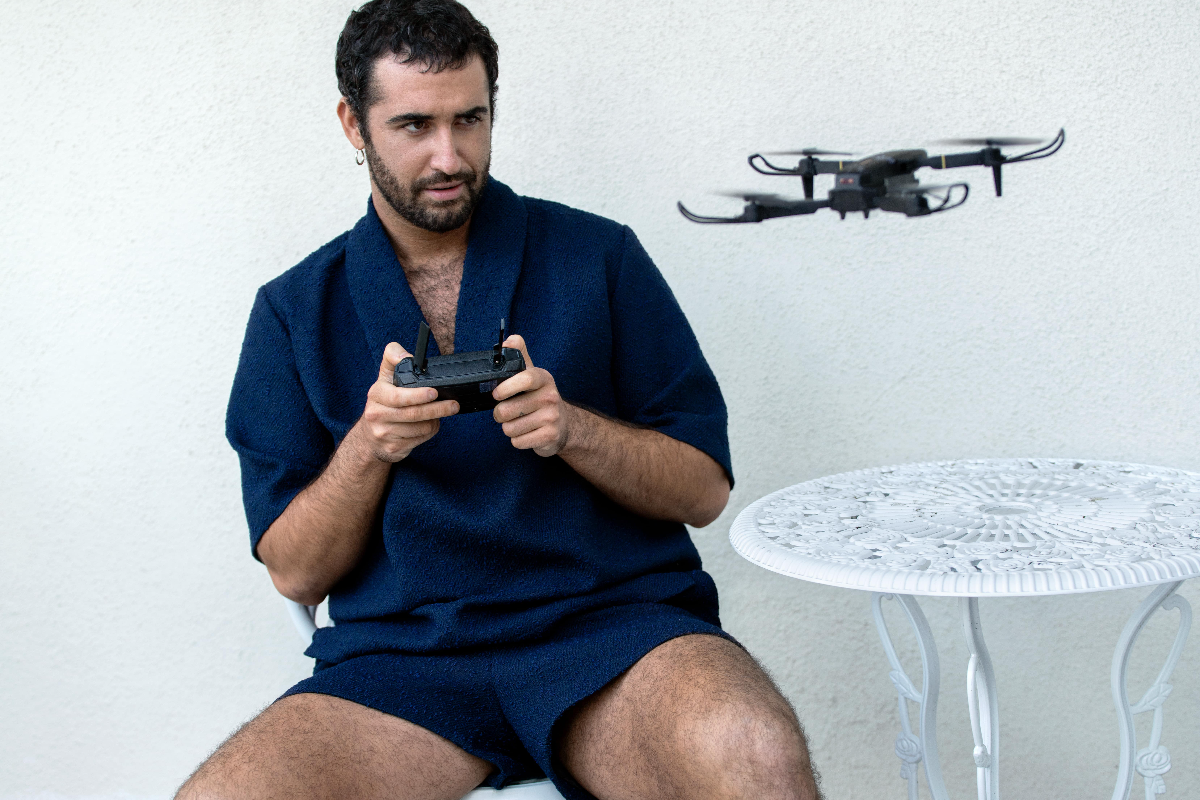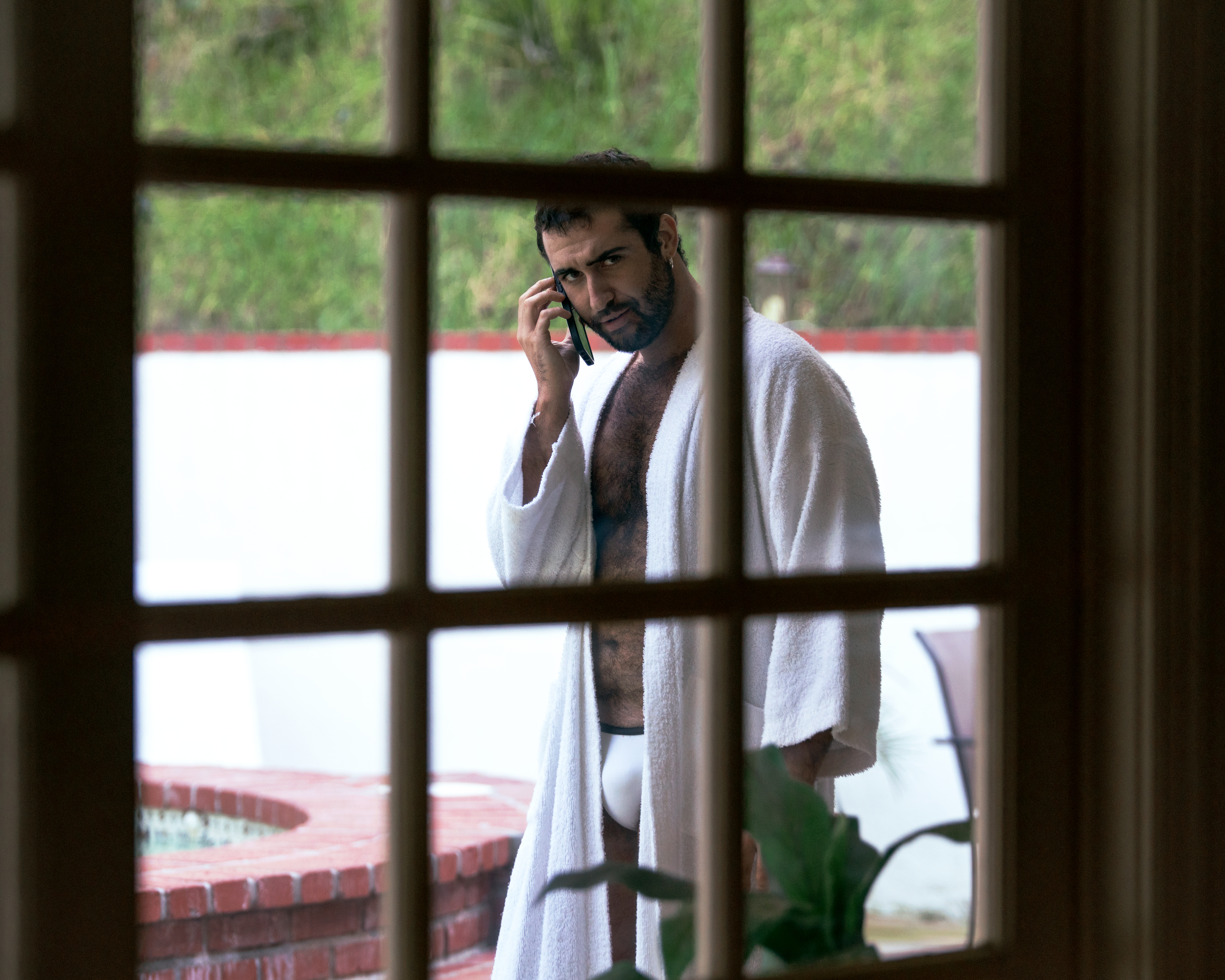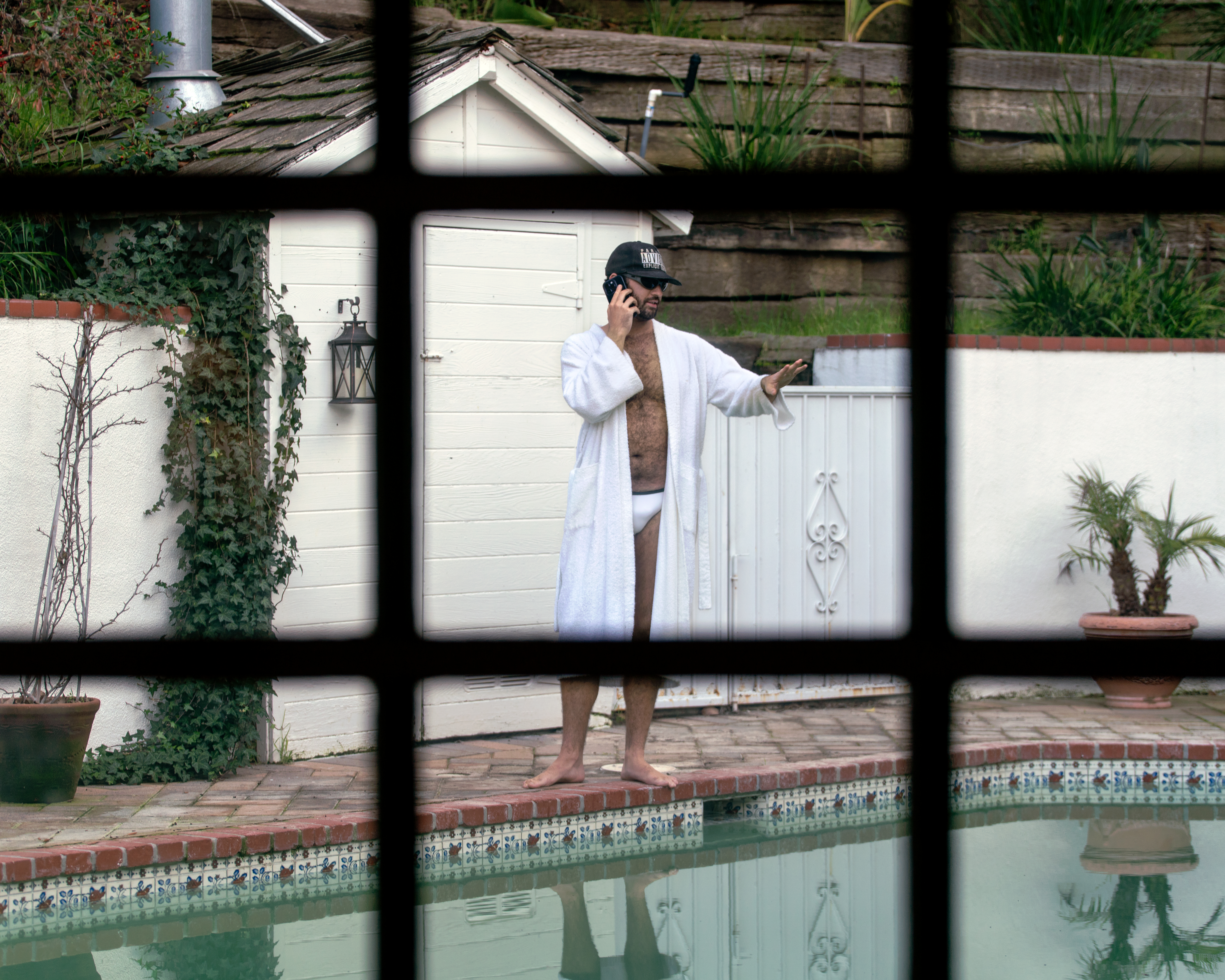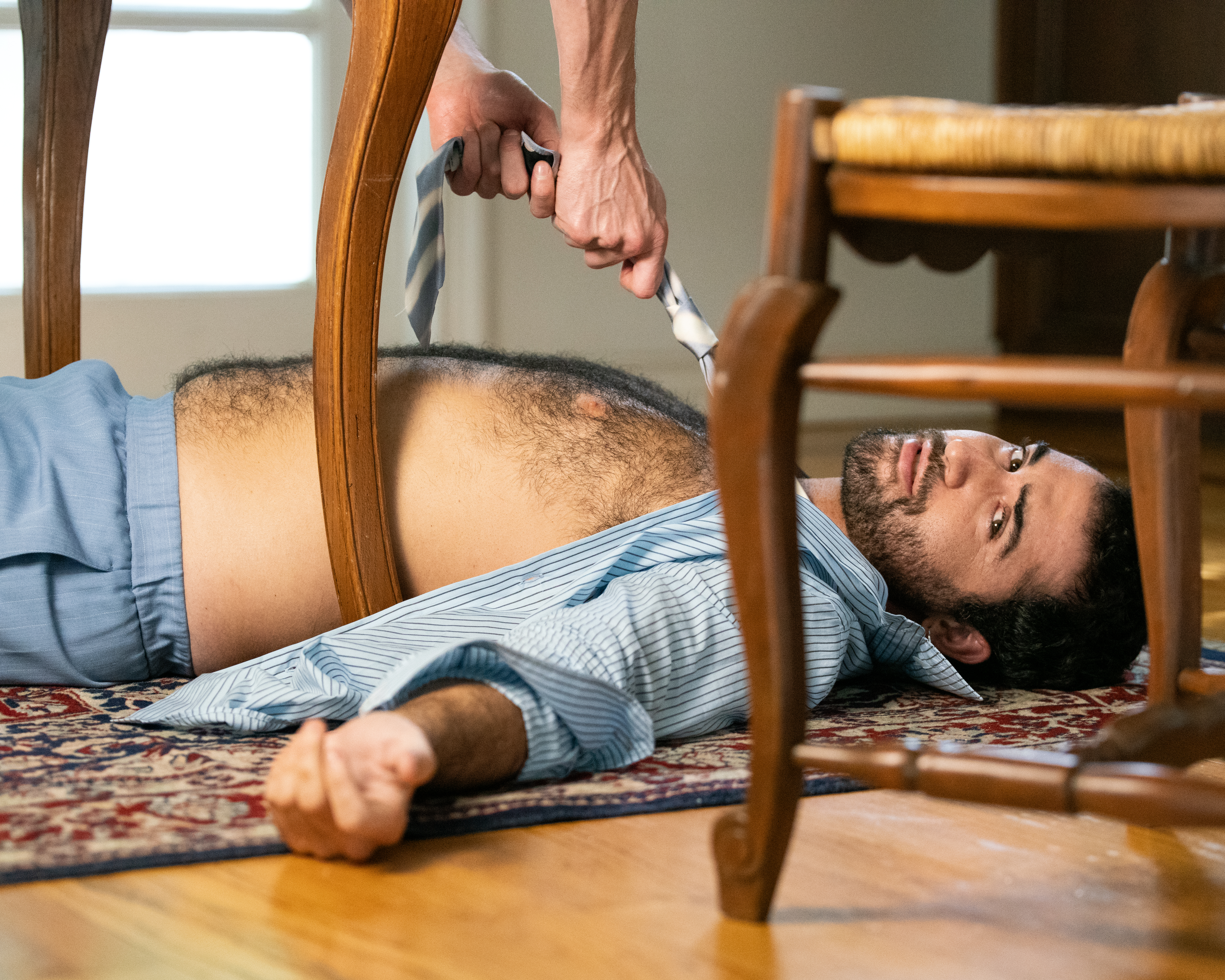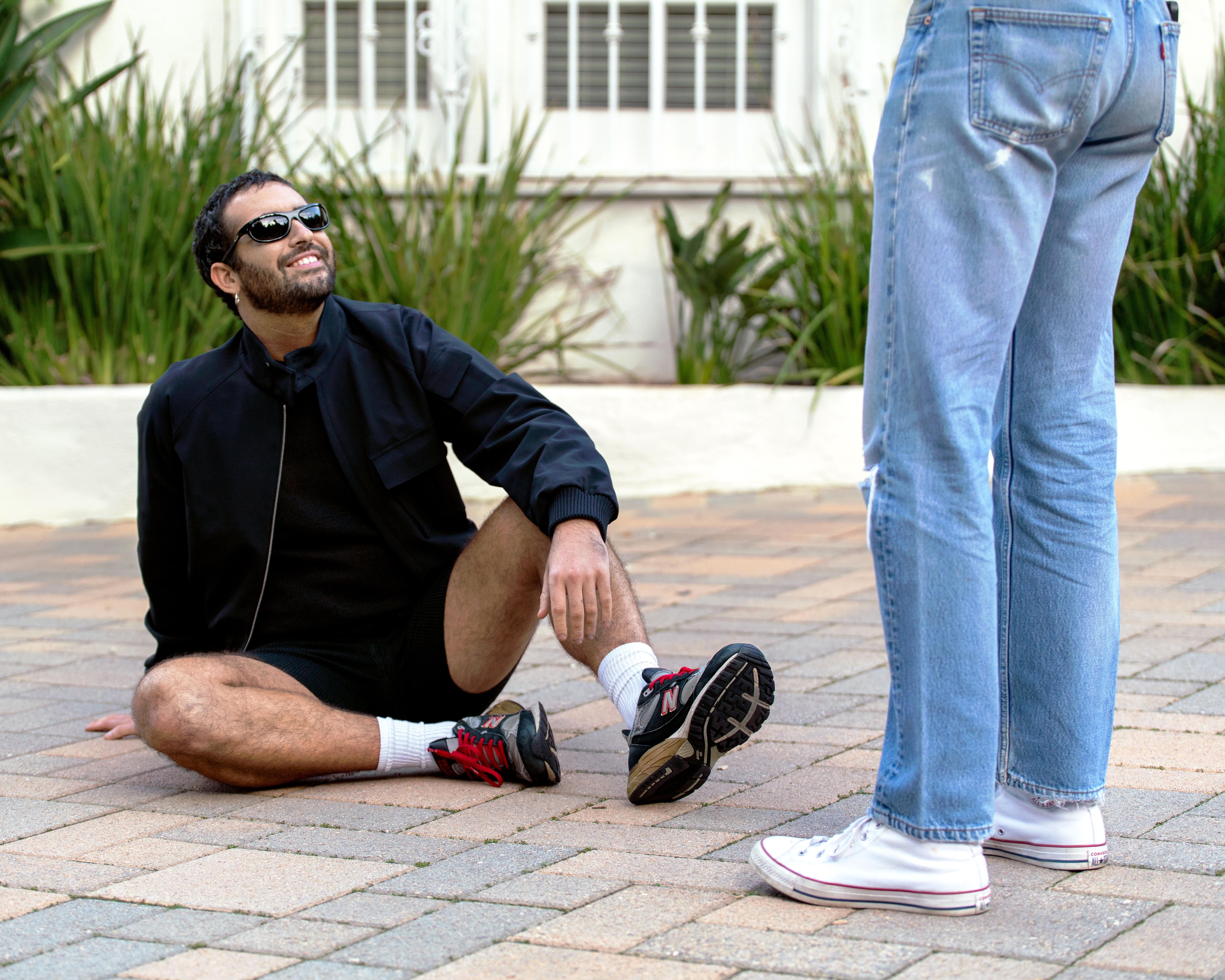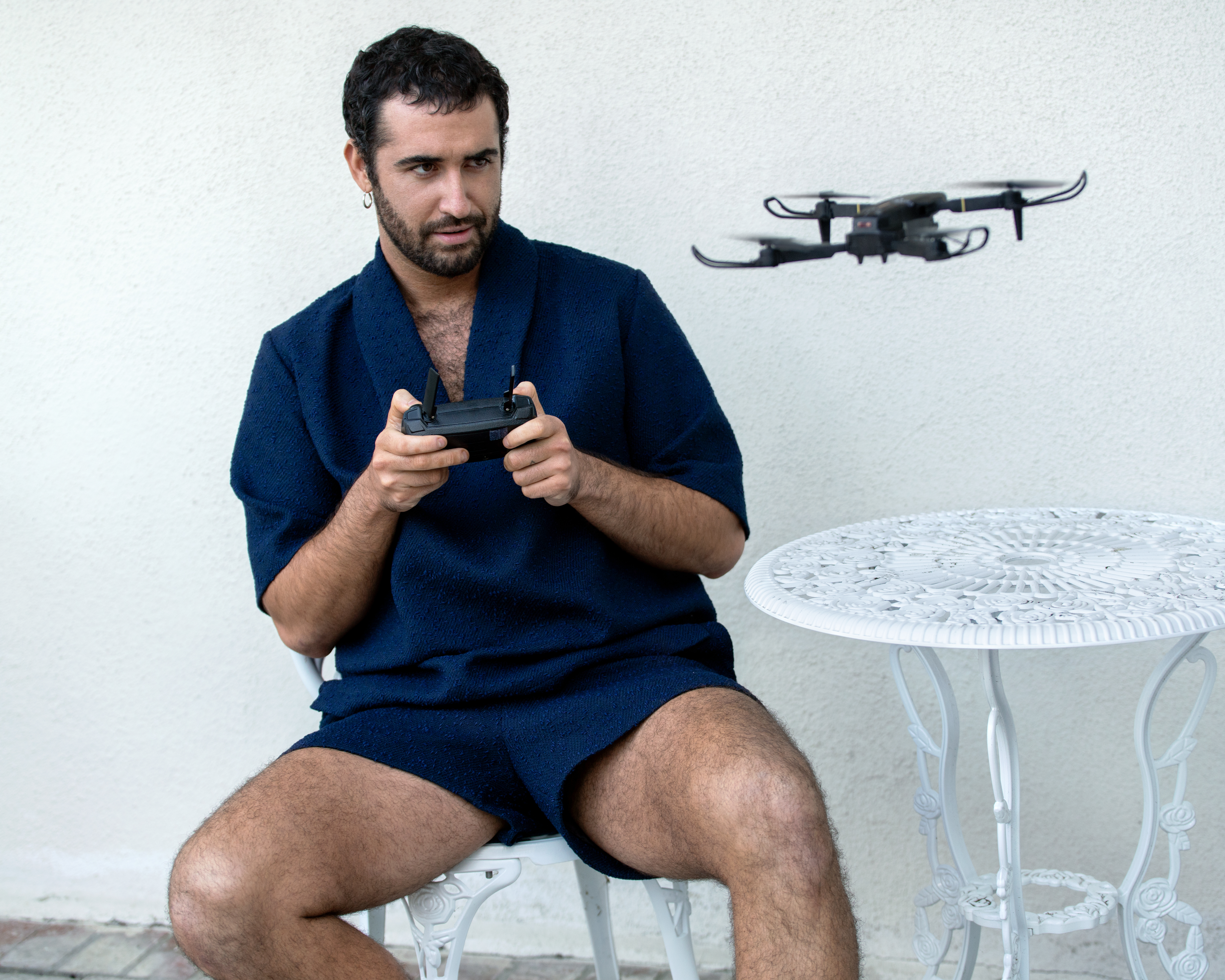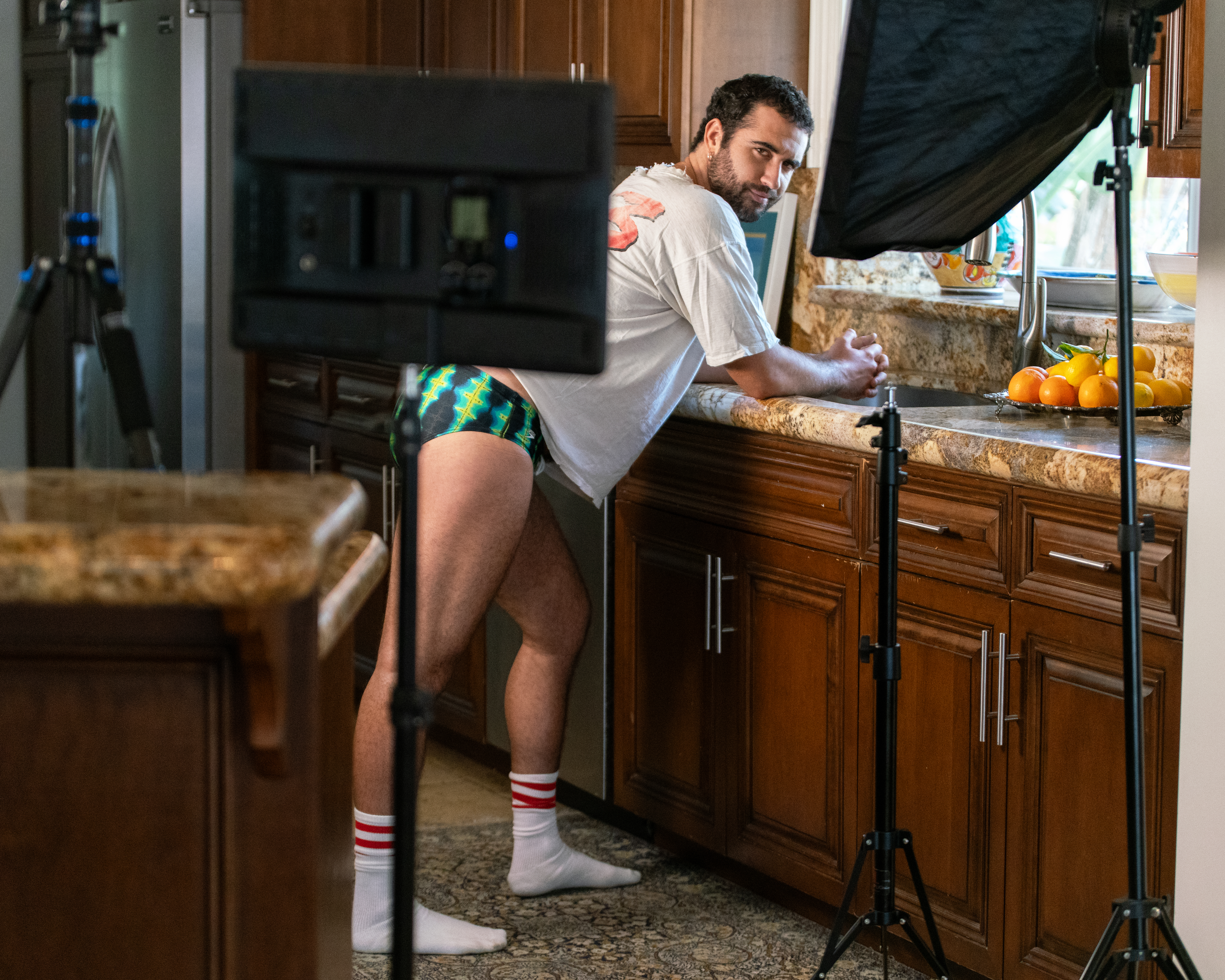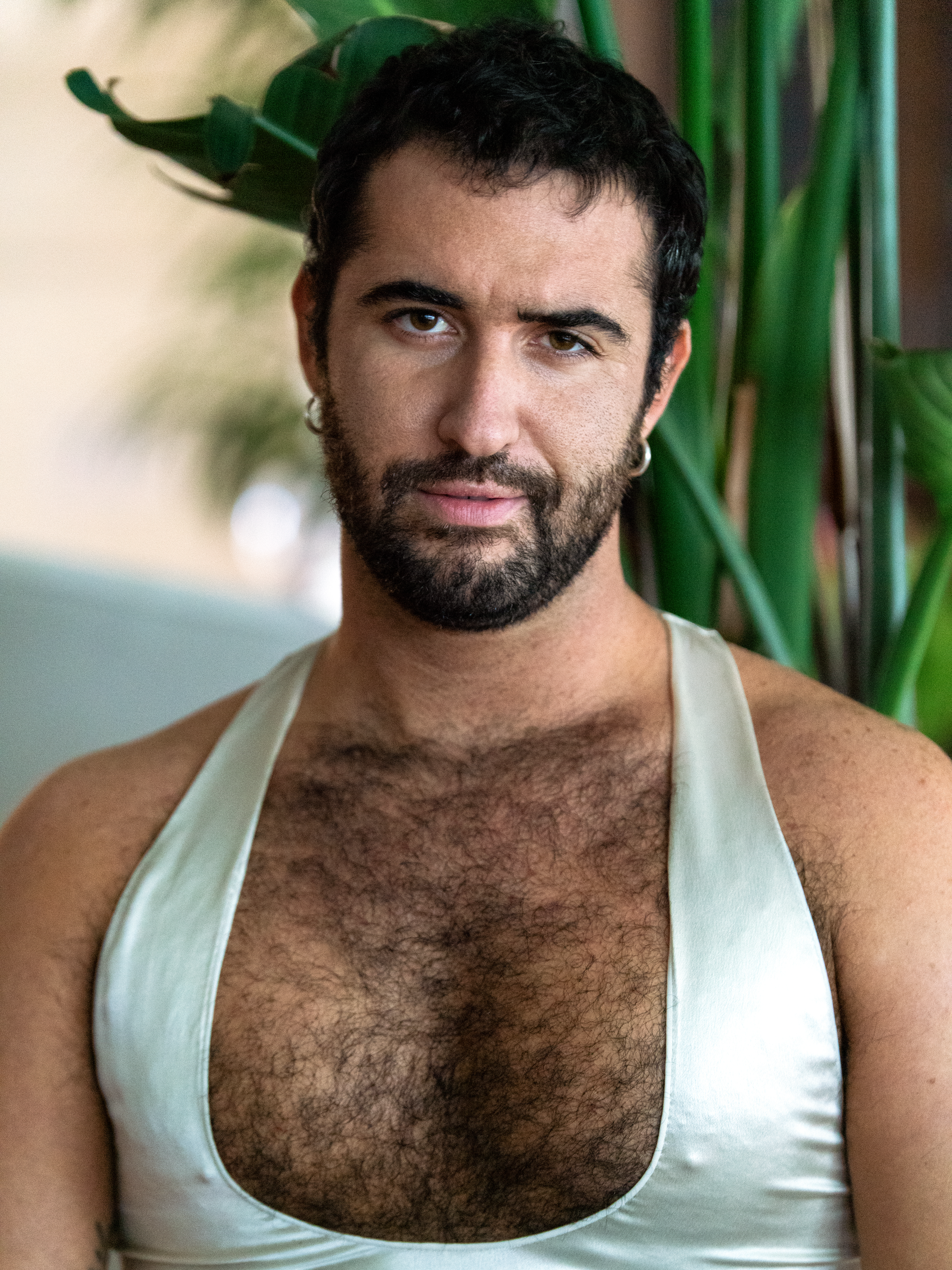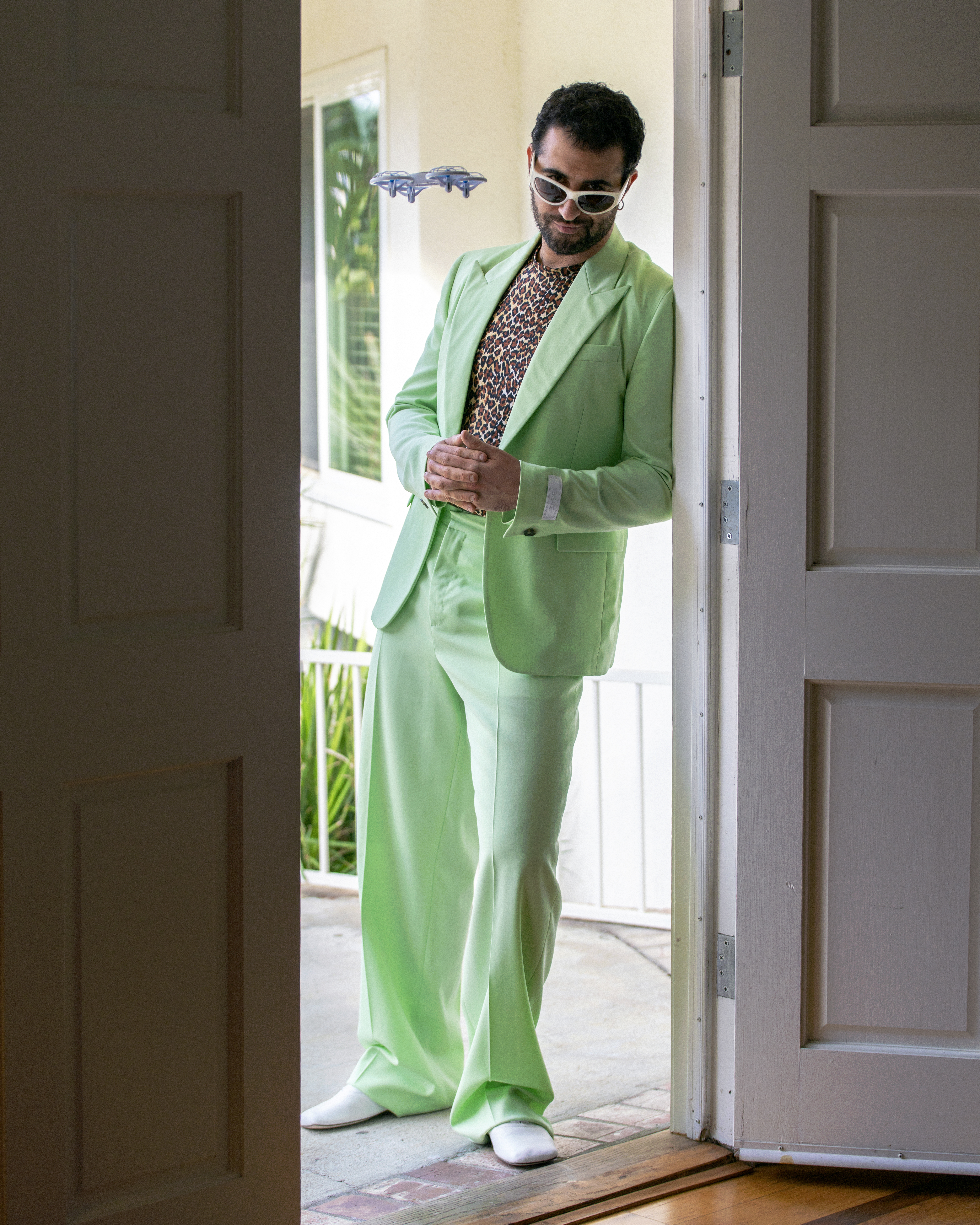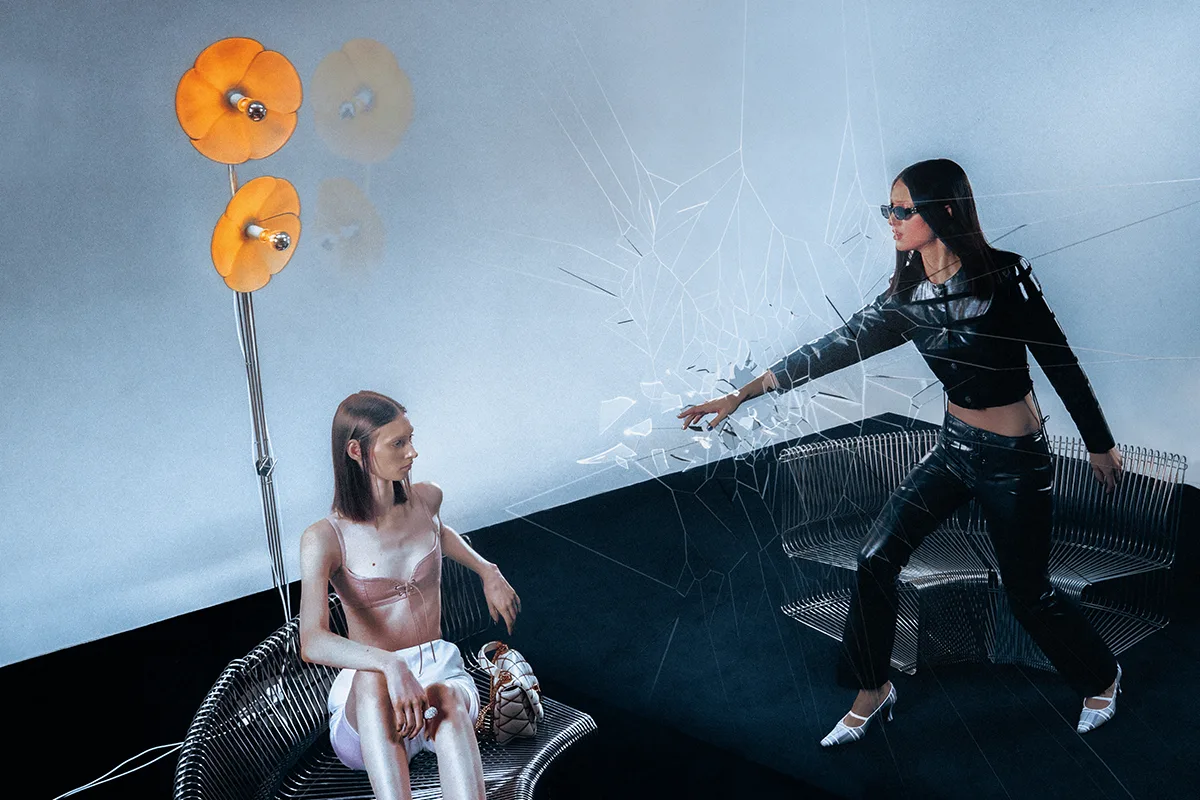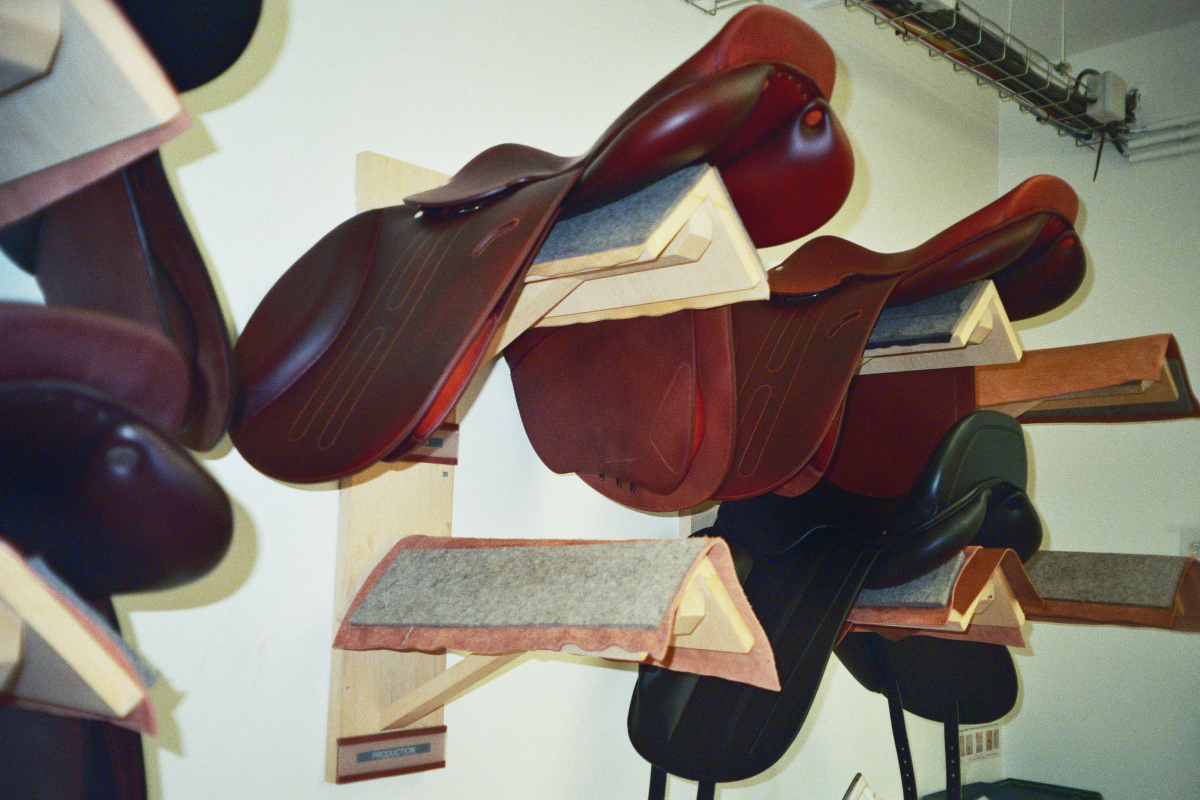People understand when something is bad and when it is good. People are praising bad art right now – in conversation with Jordan Firstman, the posterboy of Internet and his community
Jordan Firstman’s film Rotting in the Sun – posterboy of Internet virality teaming up
When Jordan Firstman’s film Rotting in the Sun premiered towards the end of last year, I received three separate phone calls telling me to go see it in theaters immediately. The protagonist – a brash, annoying, self assured and self centered gay – reminded them (all three recommenders) of me. There were some apparent echoes between myself and Firstman’s portrayal of an American vacationing in Mexico conversationally bulldozing everyone in his path, yet the film touches on more than the representation of gays who have been told to lower their voices in crowded restaurants.
Rotting in the Sun sees the posterboy of Internet virality teaming up with film-maker Sebastian Silva to create a careening and often bruising look at the glocally native creative class, connection in the internet age, sex with the guy you met five minutes ago and ketamine. As he enters his next act, taking a step back from the medium that made him and writing a second film, Firstman and I caught up to chat, whether the vibe is different and whether the party is really over.
Rotting in the Sun – exploring each other’s boiling points
Valerio Farris: In Rotting in the Sun you’re exploring each other’s boiling points – there’s a lot of extremity of emotion in the movie.
Jordan Firstman: Sebastian and my tension with each other, it’s unavoidable. Our relationship is a lot healthier now that the movie is over. We’ve always had so much fun together, but we really do trigger each other in big ways. I’m probably more willing to admit that than Sebastian. The first time we met we didn’t really hit it off so much. We both have respect for each other and it manifests in different ways. When he asked me to be in the film, it got pretty smooth for a while because I wanted to impress him and prove that I could do this part.
The script is perceptive because he already knew what his boiling point with me was. When we started shooting, it became even more apparent and we did have a lot of tension on set. When we’ve talked about it while we were doing press, they tried to dramatize it and make it like we had the worst set experience ever. I wish people were more open to talking about that, because everything gets turned into this big drama and can’t be seen as part of the artistic process – but it’s kind of known, within at least the filmmaking community: if you have an easy time, an easy shoot, most of the time it’s not a great project. The hardest shoots I’ve been on have ended up being the best. We struggled, we fought. We had one screaming match in the middle of shooting. We both said rude shit to each other a bunch. He pushed me and I pushed him and by the end, it was really cute and we loved each other. Then even in the process of promoting the film, we disagreed a lot. But that’s how you get somewhere.
People think if you use stuff from your real life, from what’s actually happening, in the film, it’s not as noble. Not to sound like a dick, but people discredit my performance because I’m playing myself. They don’t see it as a performance that takes skill and craft. At the end of the day, if they call action, you’re saying lines, whether you’re playing a version of yourself or not. It’s the same thing as if I was playing a World War Two soldier, I’m doing the same process. It’s annoying that people treat it less respectfully.
Jordan Firstman on mannerism and Call Your Father
V.F.: Is it the same process of going into character, even when the character is yourself.
Jordan Firstman: I have a line that I say with acting – maybe David Mamet or someone had a similar theory, but to me, you just have to say the line right. That’s kind of what acting is if it’s good writing. If there’s nothing there, you’re going to have to make more choices. Saying the line right and being able to find freedom and naturalism while the camera is rolling, it’s all the same skills. This was my first time getting to play the lead in a feature film where I got to make a lot of choices. Even when I’m playing an ancillary character in Marvel, I’m approaching it the same way. I want it to feel truthful and I want to be funny if that’s what it’s called for.
V.F.: Are you playing yourself in the movie?
Jordan Firstman: Some of my mannerisms I brought to it, but I also found a character. I made a short film called Call Your Father in my early 20s. For a lot of comedic actors, it takes a while for them to find the heightened version of themselves. I found the heightened Jordan a couple of years before shooting the movie and so I’m able to tap into the heightened version, the more comedic version of myself. Which for better or for worse, is usually just a more annoying version of myself.
Sebastian – the main character in Rotting in the Sun
Valerio: It also takes energy to sustain that heightened, annoying version of yourself.
Jordan Firstman: Oh my God, it takes a massive amount of energy, especially in those first beach scenes. I had to pump myself up because it’s so tiring even just being on set for 12 hours a day. Then to play a high-energy character. I had to do those scenes you saw, like 30 times from different angles, and then also just being naked, being aware of my body. There was a lot going on – but, it’s fun, you feel like you’re doing something at least, you know?
V.F.: Three separate people after seeing the movie called me and were like, oh my God, I kind of just saw a movie about you. This person’s personality is exactly the same as yours. I went and saw it and I was like, okay, I get that. Isn’t this what you’re going to say to any loud, annoying gay guy?
Jordan Firstman: It’s funny the way people vilify my character so much more than Sebastian’s because it shows people’s tolerance. People’s tolerance for cruelty is way higher than it is for annoyance. Sebastian is a bad person in a lot of ways in the movie and even more self-centered than my character.
Internalized homophobia: I do represent more gay people, more of the gay people you see in the world
V.F.: There’s something noble about a depressive kind of introversion rather than someone who just can’t keep their fucking mouth shut and control what they’re saying.
Jordan Firstman: It’s a lot of internalized homophobia too. I do represent more gay people, more of the gay people you see in the world. More than Sebastian’s character does. All the gays hate the parts of themselves that are loud and opinionated and talk a lot. There’s a whole other conversation about why gays are that way, but I think we spend so much time not feeling good enough that we have to overcompensate and always have an opinion about something.
I have a personality type that notices the negative more than the positive. There were more positive things about the film than negative, but of course, I see all the negative stuff and take it to heart. It’s mostly gay guys being like, I would not want to spend a minute around Jordan Firstman’s character. I’m like, well, you spend your entire life with him because it’s literally you.
Mexico City in the post-Covid gay sphere
V.F.: All your friends act like this. What do you think about the role of Mexico City in the post-Covid gay sphere, what were you tapping into setting the movie there during this cultural moment?
Jordan Firstman: It’s more just about recognizing a moment that was there. It had to do with the COVID rules because it was the first place to open up, or never really shut down like everywhere else did. It’s calling out these selfish Americans and Europeans, a lot of Europeans were going there too. I also went so I was part of it. We were just kind of observing it and not saying it’s the worst or the best. It skews more negative, but it’s not a complete takedown of gentrifying culture, although maybe it is.
V.F.: It’s also just a time capsule in that way.
Jordan Firstman: The Americans have that in our DNA. We go places and treat it like it’s ours. We’ve historically done that and that’s not good. It’s also good for Americans to watch it and see their place in it. So many people were like, I need to go to that beach town now. It’s just like with White Lotus. Mike White is talking about that and then Hawaii becomes so much more popular after that.
Jordan Firstman’s next steps in the movie industry
V.F.: What do you get up to when there’s not a specific project occupying your time – do you find that your relationship to like being online changes? Is it still a space for distraction and fun, or is it fully considered work?
Jordan Firstman: It didn’t take me a long time to get over my lifespan online. I probably had one year where I liked it. It’s been about trying to escape it since then, but going back out of survival because I was making my money online and upholding the fan base. I saw the movie as my farewell to what I had started on there. I never wanted to be an internet person, so even when I started blowing up in April of 2020, I pitched a show in May. I was like, I already know that I need to transition this immediately.
I thought that was going to happen, I developed that for four years and then they said no. The head of the network got fired and a new company bought the network. So all of a sudden there was no one that I was working with there anymore. They took one look at the show and were like, this is weird. Four years later and then you’re back to back to square one. I’m working on a movie now and that will hopefully be the next thing. It explores a more earnest side of me. It still has the edge, and it’s still talking about stuff in the community and partying but it has a very different tone – less cutting, maybe. Trying to work through some stuff in my own life through this story.
LGBTQ+ community – Rotting in the Sun, sex and gay representation
V.F.: Something you talked a lot about when I was reading about Rotting in the Sun was the link between storytelling and sex. Why do you see sex as being this powerful storytelling agent?
Jordan Firstman: I don’t really feel that way anymore. I expelled it with Rotting in the Sun. It should be seen more naturally, but I’m disinterested in it now. Maybe it’s because I did it and it’s like it feels like something I did before. My opinion on things is always changing. Things that I stood by in September, I’m not sure I even feel that feel anymore. I still think culture is scared of sex. When you do have a point about something and people completely miss the point, it just exhausts you. I’m not going to keep doing it. It’s the same thing with gay stuff. I don’t think I will make something that is for gays ever again in the way that I used to want to because fool me once, shame on you. Fool me twice, shame on me.
The gays don’t want it. They want to worship Jennifer Coolidge, which is fine. I wish we would support each other more, but I don’t think it’s going to happen. It’s hard for me to get away from because it is a lot of my life and it’s a lot of the stories I want to tell. My next movie is gay, but it’s mostly about fatherhood and growing up and when to leave the party and it has other stuff around gayness. I’ve made the distinction though to never make something for a certain group of people in general.
V.F.: Do you know when to leave the party?
Jordan Firstman: I’m almost out the door. I’m bored. I’m bored by the party. I feel like I’ve done it. It’s like when you are in a relationship that you know isn’t working, but you don’t see the next thing coming. You either have to just stay in it and know it’s not working for a little or just abandon it and hope that something else comes. If you give yourself space something does come. I don’t party nearly as much as I used to and stopping cold turkey from going out is a huge weird decision. I’m trying to find something to fill that space because I go out and I’m not having fun anymore. Especially with the drugs, it’s like they don’t work. The more you do them, the less they work, but you still have all the negative side effects. Why even do this at all? I’m in a place with drugs where they’re not that fun for me anymore and they make my week worse. It’s simmering, changes are happening internally and externally. I’m kind of seeing where it’s going to lead.
Jordan Firstman – What’s boiled over and what’s heating up
V.F.: Last question: What’s boiled over and what’s heating up?
Jordan Firstman: What’s boiled over: the idea of excess and acquisition. We’re learning this in late-stage capitalism but buying more things, doing more drugs, having more lovers – that’s what’s boiled over. Excess is boiled over. People over-appreciating bad art. We need a renaissance of people understanding when something is bad and when something is good. I won’t use examples, but I think a lot of people are praising bad art right now. Hopefully, it’s starting to end.
V.F.: What’s heating up?
Jordan Firstman: Boredom.
Jordan Firstman
Jordan Firstman (born July 8, 1991) is an American writer, producer, and comedian living in Los Angeles, California. He is known for the short films Men Don’t Whisper (2017), the Sundance-nominated Call Your Father (2016), and for the feature film Rotting in the Sun (2023). Firstman rose to prominence for his short skits, called Impressions, shared on Instagram Live in 2020, during the COVID-19 pandemic.


